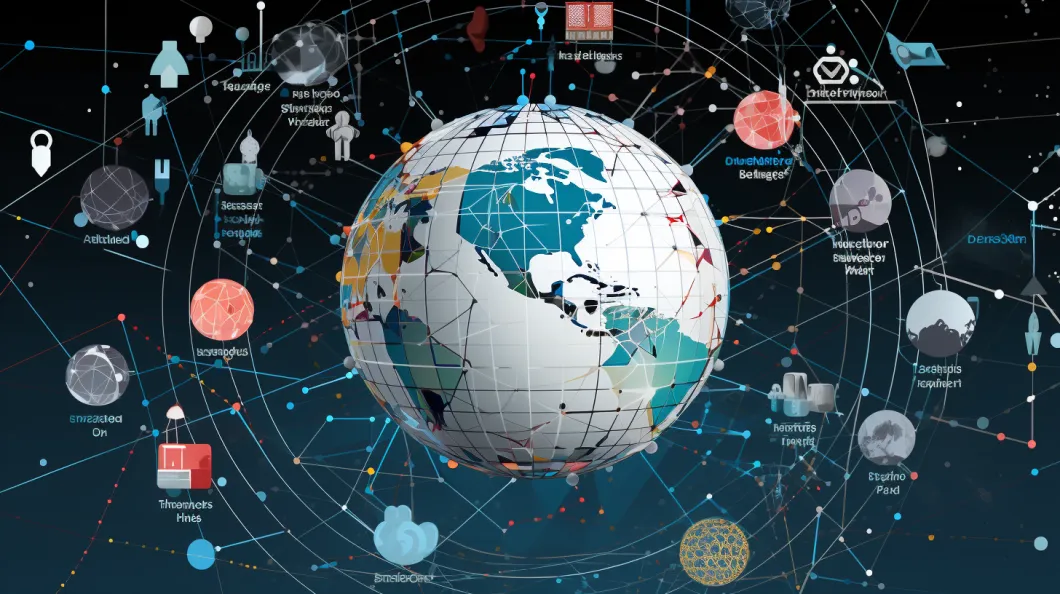Table of Contents
The concept of AI constitution superhuman intelligence surpassing human civilizations has been a frequently used theme in science fiction. Although the potential dangers of an omnipotent artificial intelligence are still hypothetical, it is undeniable that the rise of AI has been remarkably rapid when compared to the progress of other emerging technologies.
Furthermore, the emergence of AI constitution and its ability to animate numerous applications has brought about significant changes in our cognitive processes, behaviors, decision-making, economic transactions, and much more.
AI Constitution: Regulating Ethical Technological Progress
In the present day, AI systems are spreading rapidly, encompassing various facets of human endeavors and gaining more potency and pervasiveness. They have undoubtedly surpassed their initial technical or mechanical nature, and this trajectory is expected to persist.
The widespread influence and international adaptability of the AI constitution have unveiled a multitude of ethical uncertainties, potential harm, biases, trust issues, and accountability concerns. These obstacles have sparked investigations into whether AI should be regulated based on specific core value orientations.
The essence of these inquiries lies in the recognition that as AI constitution technology progresses and becomes more interconnected with different facets of our existence, it is imperative to establish an ethical framework to govern its use. This framework will guarantee that these advancements bring about the greatest benefits for society while mitigating any potential negative consequences.
Against this backdrop, constitutional artificial intelligence (CAI) emerges as a crucial topic of discussion. CAI represents the fusion of the AI constitution with universal values and constitutional principles, ensuring their seamless compatibility and harmonious coexistence within constitutional frameworks.

Ethical Governance in AI Constitution for Fair Decision-Making
The emphasis is placed on the importance of going beyond mere technical control and management of AI systems and applications. Instead, it is necessary to incorporate ethical and constitutional governance to ensure that these systems are aligned with fundamental human rights and values. CAI operates at the intersection of AI-driven technological advancements and the need to embed ethical and legal sensibilities within its technological framework. This ensures that AI constitution decision-making is fair, just, and free from discrimination.
CAI represents a notable departure from the current operational processes of the AI constitution. Presently, AI and large language models rely on machine learning, enabling them to autonomously learn and gain new knowledge without the need for explicit programming by humans.
Self-learning is accomplished through the utilization of various tools and methodologies, including adaptive machine learning algorithms, neural networks, and natural language processing, among other techniques.
AI systems are able to enhance their performance over time through the utilization of such mechanisms. These mechanisms enable them to identify patterns, comprehend data, and evaluate the results of their decisions. It becomes apparent that the inputs they depend on and the sources of information they utilize hold significant importance.
As artificial intelligence capabilities continue to advance and are utilized in intricate settings and various fields, it becomes increasingly crucial to optimize and regulate their performances in alignment with human values. This is essential to prevent any harmful outcomes that may arise during their decision-making processes.
Balancing Principles: CAI’s Ethical Regulation in AI Operations
The importance of CAI in this context lies in its ability to establish a structure that incorporates essential constitutional principles as regulations within the operational environment of the AI constitution.
The CAI aims to strike a delicate balance between the frequently opposing aspects of usefulness and harmfulness. This aspect is of utmost importance as the improvement of AI decision-making often necessitates the utilization of more intrusive tools and techniques, which in turn require a deeper level of access to personal data. However, this increased access can potentially lead to biases and harm, making it crucial to address this concern.
At present, ChatGPT, along with other large language models, employs reinforcement learning from human feedback as a feedback mechanism to regulate decision-making and output.
Reinforcement learning through human feedback necessitates the existence of a human moderation interface, wherein certain individuals assess and rate the output and responses of AI systems for the existence of negative aspects like aggression, toxicity, and racial biases.
The system subsequently acquires knowledge from the feedback in order to appropriately adjust its responses. Nevertheless, reinforcement learning through human feedback is subject to specific constraints, including reliance on human feedback that may differ in terms of quality and scalability in intricate scenarios.





